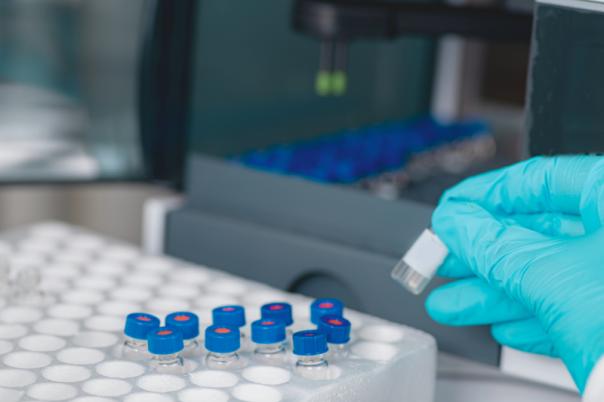Yanjie Bao, Director of Drug Product Development and Manufacturing at Capstan Therapeutics, presented on the in vivo engineering of cells using targeted lipid nanoparticles (tLNPs). She began by reflecting on the success of CAR T-cell therapy, notably highlighting the case of Emily Whitehead, the first paediatric patient to receive CD19-targeted CAR T-cell therapy and who remained cancer-free for over a decade. Despite successes, Bao noted that conventional CAR T-cell therapy involved complex and costly ex vivo processes with scalability limitations.
Capstan Therapeutics sought to overcome these limitations by combining three key technologies: CAR T-cell therapy, mRNA therapeutics, and lipid nanoparticle delivery systems. Inspired by the clinical impact and scalability of mRNA LNP COVID-19 vaccines, their approach uses targeted lipid nanoparticles conjugated with antibodies to engineer cells directly in vivo, avoiding the need for cell extraction and reinfusion.
The company’s platform enables the targeted delivery of genetic payloads—such as mRNA or gene-editing tools—directly to specific immune or pathogenic cells. For instance, anti-CD5 tLNPs demonstrated precise delivery of mRNA to T cells in vivo, achieving high expression in mouse spleen T cells while minimising off-target expression in liver cells. Capstan's proprietary LNP formulation, targeting antibodies, and RNA constructs were all optimised to enhance delivery efficiency, specificity, safety, and transient expression.
Capstan’s pipeline focused initially on oncology, autoimmune diseases, fibrosis, and blood disorders, with T cells and haematopoietic stem cells (HSCs) as the primary targets. Their scientific approach was supported by pioneering leaders, including Drew Weissman and Carl June.
In preclinical studies, Capstan’s tLNPs enabled functional CAR expression and tumour cell killing comparable to electroporated CAR T cells. Furthermore, their in vivo method showed the potential for repeated dosing without lymphodepletion, offering a significant improvement over traditional CAR T therapy.
Bao concluded with a hopeful outlook, expressing the company's commitment to bringing the first Capstan tLNP drug product to patients soon, supported by robust scientific evidence and a multidisciplinary team.





